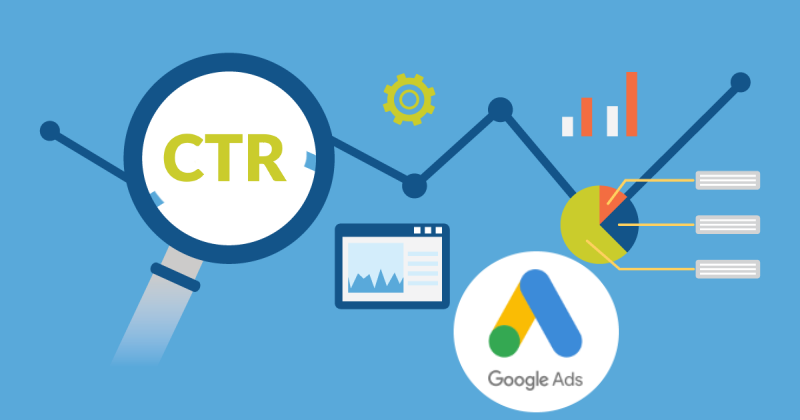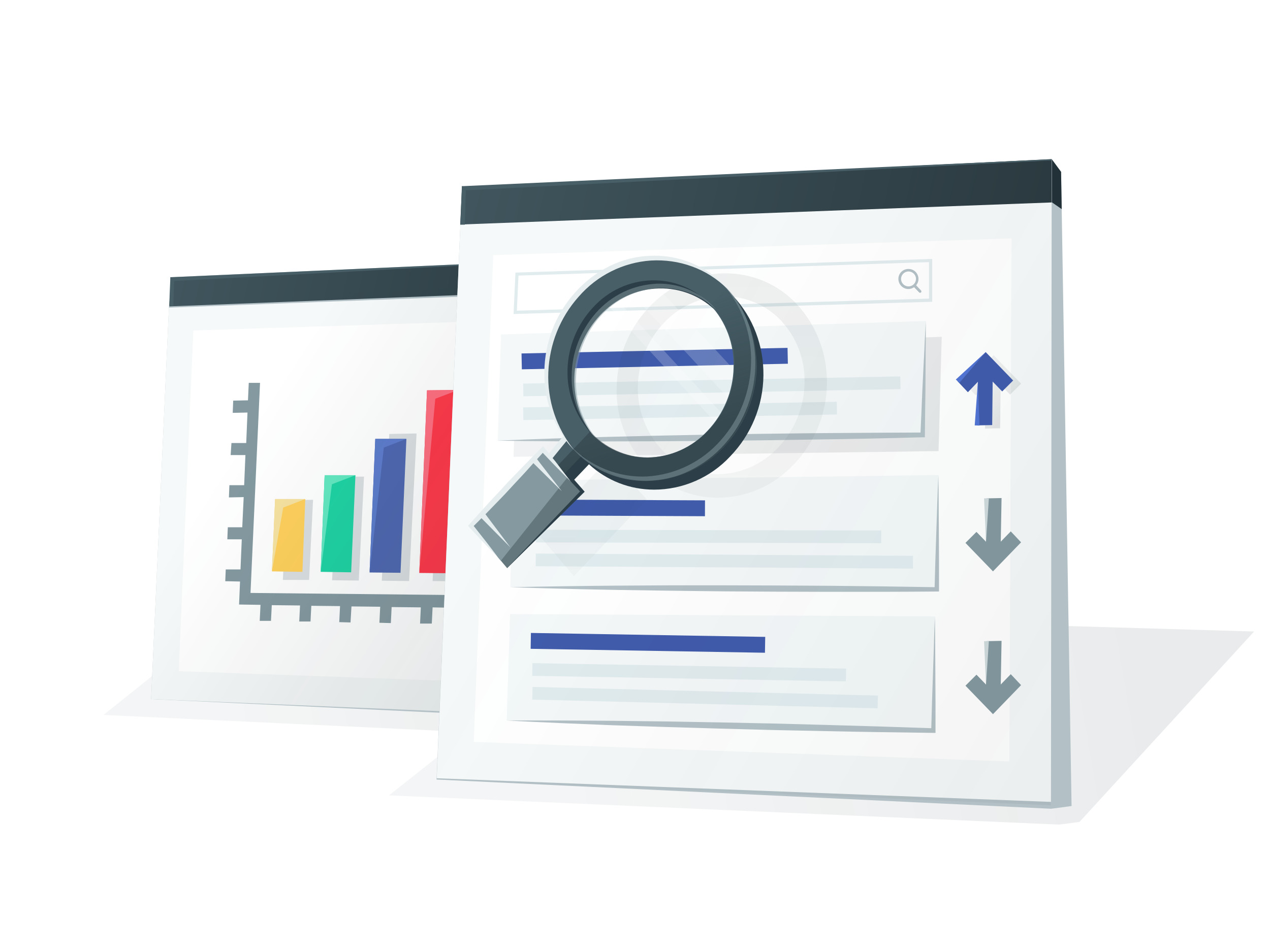As a SaaS company, measuring the success of your SEO efforts is important for driving sustainable growth and attracting potential customers. But with so many metrics and tools available, it can be challenging to know where to focus.
In this comprehensive guide, we’ll break down the key metrics and tools you need to effectively measure your SEO success.
How to Measure SEO Success?

Organic Traffic

Organic traffic refers to the number of visitors coming to your website from search engines like Google. Tracking your organic traffic in Google Analytics is a fundamental way to gauge the effectiveness of your SEO strategies and digital marketing efforts. Look for trends over time and compare your organic traffic to other sources like paid search or social media. One key metric to pay attention to is the number of sessions, which shows how many times users visited your website from organic search results.
Keyword Rankings

Monitoring your keyword rankings, also known as search rankings, helps you understand how well your website is performing for specific search queries and how effectively your content aligns with what your target audience is searching for. Use tools like Google Search Console or SEO platforms like Semrush or Ahrefs to track your keyword positions. Aim to rank on the first page of search results, as these receive the majority of clicks.
SERP Visibility

SERP (Search Engine Results Page) visibility measures how often your website appears in search results for relevant keywords. A higher SERP visibility indicates that your site is more likely to be seen and clicked by potential customers. Tools like Semrush provide visibility scores and track changes over time.
Impressions
Impressions refer to the number of times your website appears in search results, regardless of whether it was clicked. Tracking impressions in Google Search Console helps you understand your overall visibility and identify opportunities for improvement.
Click-Through Rate (CTR)

CTR measures the percentage of impressions that result in clicks to your website. A high CTR indicates that your search listings are compelling and relevant to users. Monitor your CTR in Google Search Console and optimize your meta descriptions and titles to improve it.
Conversions and Goals

Ultimately, the success of your SEO efforts should be tied to business goals like conversions. Set up conversion tracking in Google Analytics to measure how many visitors from organic search are completing desired actions, such as filling out a form or making a purchase. Tracking conversions is a key SaaS Marketing Metric to monitor.
Bounce Rate

Bounce rate is the percentage of visitors who leave your website after viewing only one page. A high bounce rate may indicate that your content isn’t meeting user expectations or that your site has technical issues. Monitor your bounce rate and number of conversions in Google Analytics and work to improve user experience and content relevance.
Website Authority

Website authority metrics like Domain Authority (DA) and Page Authority (PA) predict how well your site will rank in search results.
These scores, developed by Moz, are influenced by factors like backlinks and content quality. Track your authority scores over time and aim to improve them through strategic link-building and content optimization.
Establishing clear goals and a plan of action to improve your website’s authority can help showcase the growth and improvement of your website’s authority in your monthly SEO reports.
Backlinks

Backlinks from other websites signal to search engines that your content is valuable and trustworthy. Use tools like Ahrefs or Moz to analyze your backlink profile, monitor new links, and identify opportunities for link building. Focus on earning high-quality, relevant links from authoritative websites in your industry. Guest posting can be an effective tactic for building backlinks.
Technical Health
Technical SEO issues like slow page speeds, broken links, and crawl errors can hinder your search performance. SaaS Technical SEO is important for ensuring your website is optimized for search engines. Regularly conduct site audits using tools like Screaming Frog or Google Search Console to identify and fix technical problems. Improving your site’s technical health can have a significant impact on your SEO success.
Engagement Time
Engagement metrics like time on page and pages per session indicate how well your content resonates with users. Higher engagement suggests that visitors find your content valuable and relevant. Track these metrics in Google Analytics and strive to create compelling, in-depth content that keeps users engaged.
Why Measuring SEO Success is Important?
Measuring SEO success is essential for several reasons:
- It helps you understand the impact of your SEO efforts and identify areas for improvement.
- It allows you to make data-driven decisions and optimize your strategies for better results.
- It enables you to report on the ROI of your SEO investments and justify budget allocations.
- It helps you stay competitive in the ever-evolving search landscape and adapt to algorithm updates.
The Pillars of SEO Measurement

To effectively measure SEO success, focus on these key pillars:
- Organic Traffic Metrics: Track the quantity and quality of your organic search traffic using tools like Google Analytics. Monitor metrics like sessions, unique visitors, bounce rate, and conversion rate.
- Keyword Rankings: Monitor your keyword positions using tools like Google Search Console or third-party platforms. Track your rankings over time and identify opportunities to optimize for high-value keywords.
- Conversion Metrics: Set up conversion tracking to measure the business impact of your SEO efforts. Track goals like form submissions, purchases, or sign-ups and attribute them to organic search traffic.
- Backlink Analysis: Use tools like Ahrefs or Moz to analyze your backlink profile. Monitor the quantity and quality of your inbound links, track new links, and identify opportunities for link building.
- User Engagement Metrics: Track engagement metrics like time on page, pages per session, and bounce rate to gauge how well your content resonates with users. Use this data to optimize your content strategy and improve user experience.
How to Measure Impact on Your SEO Performance and Results?
To measure the impact of your SEO efforts, track these key metrics:
Content Metrics

- Organic traffic to specific pages
- Keyword rankings for target keywords
- Engagement metrics like time on page and bounce rate
- Conversions and goals attributed to organic search traffic
Link Building Metrics

- Number of new inbound links
- Domain Authority (DA) and Page Authority (PA) scores
- Referral traffic from backlinks
- Anchor text distribution and relevance
Technical SEO Metrics

- Crawl errors and site health scores
- Page speed and load times
- Mobile-friendliness and responsiveness
- Indexation and crawl budget
How Long Does It Take to See SEO Results?
SEO is a long-term strategy, and results can take time to manifest.
The timeline for seeing SEO results depends on factors like:
- The competitiveness of your industry and target keywords
- The current state of your website and backlink profile
- The quality and consistency of your SEO efforts
On average, it can take 4-6 months to start seeing measurable results from SEO. However, the full impact of your efforts may not be realized for 12+ months. Consistency and patience are key to achieving long-term SEO success.
Tools For Tracking SEO Metrics
![]()
- Google Analytics: Google Analytics is a free tool that provides in-depth insights into your website traffic and user behavior. Use it to track organic search traffic, engagement metrics, and conversions.
- Google Search Console: Google Search Console is a free tool that helps you monitor your site’s performance in Google search results. Use it to track impressions, clicks, keyword rankings, and technical issues.
- SEO Tools Like Semrush, Ahrefs, Moz: Third-party SEO tools offer a range of features for tracking and analyzing your search performance. Use them to monitor keyword rankings, backlinks, competitor insights, and site audits.
How to Set SEO Goals and KPIs?

Setting clear SEO goals and KPIs is essential for measuring success and staying on track.
When setting goals, make sure they are:
- Specific: Clearly define what you want to achieve
- Measurable: Tie goals to specific metrics and KPIs
- Attainable: Set realistic targets based on your resources and timeline
- Relevant: Align goals with your overall business objectives
- Time-bound: Set a specific timeframe for achieving each goal
Examples of SEO goals and KPIs include:
- Increase organic traffic by X% in the next quarter
- Improve average keyword ranking from position X to position Y
- Generate X conversions per month from organic search
- Earn X number of high-quality backlinks per quarter
How Often Should I Check My SEO Metrics?
The frequency of monitoring your SEO metrics depends on your goals and resources. At a minimum, review your key metrics monthly to track progress and identify trends. For more granular insights, consider weekly or even daily check-ins.
What Tools Can You Use For SEO Monitoring?
In addition to Google Analytics and Search Console, consider using third-party tools like:
- Semrush for keyword research, site audits, and competitor analysis
- Ahrefs for backlink analysis and content research
- Moz for domain authority tracking and keyword research
- Screaming Frog for technical SEO audits and crawl analysis
FAQ’s:
How Do You Know If Your SEO Results Are Good?
Evaluate your SEO results against your predefined goals and KPIs. Good SEO results typically include:
- Consistent growth in organic traffic and keyword rankings
- Improvement in engagement metrics like time on page and bounce rate
- Increase in conversions and revenue from organic search
- Growth in high-quality backlinks and domain authority
Can Changes in SEO Metrics Indicate Algorithm Updates?
Yes, sudden changes in your SEO metrics can sometimes indicate algorithm updates. If you notice significant drops or spikes in traffic, rankings, or visibility, check for any reported algorithm changes. Use tools like Semrush Sensor or Moz’s Google Algorithm Change History to stay informed.
What Do I Do If My SEO Results Aren’t Where I Want Them To Be?
If your SEO results aren’t meeting your expectations:
- Review your goals and make sure they are realistic and achievable.
- Analyze your metrics to identify areas of weakness or opportunity.
- Conduct a thorough site audit to uncover any technical issues.
- Evaluate your content strategy and make sure it aligns with user intent and search demand.
- Assess your backlink profile and look for opportunities to earn high-quality links.
- Consider seeking guidance from an experienced SEO professional or agency.
Conclusion
Measuring SEO success is an ongoing process that requires a combination of the right metrics, tools, and strategies.
By focusing on key pillars like organic traffic, keyword rankings, conversions, backlinks, and engagement, you can gain a comprehensive view of your SEO performance.
Remember, SEO is a long-term game, and results take time. Set realistic goals, track your progress consistently, and continually optimize your efforts based on data-driven insights.
With the right approach and tools like VH Info’s comprehensive link-building services, you can unlock the full potential of your SaaS SEO and drive sustainable growth for your business.

